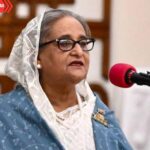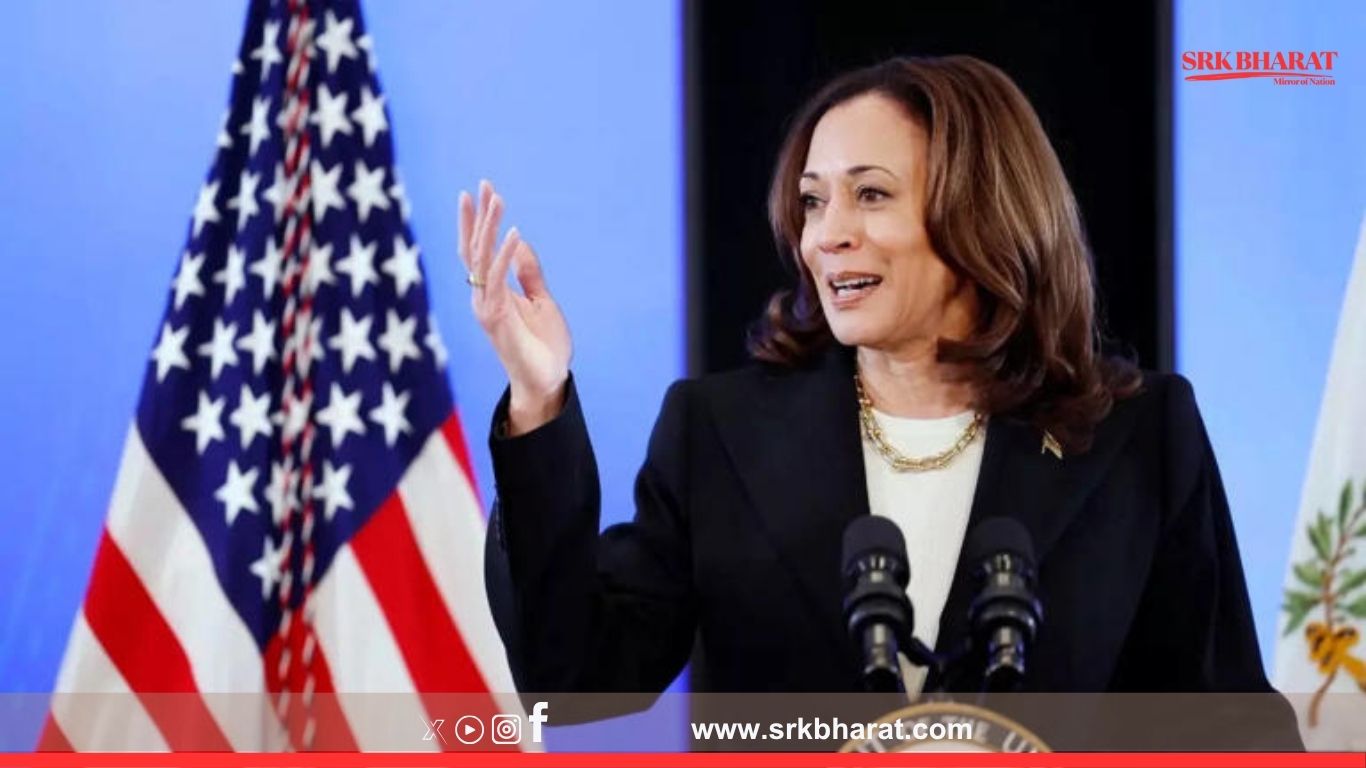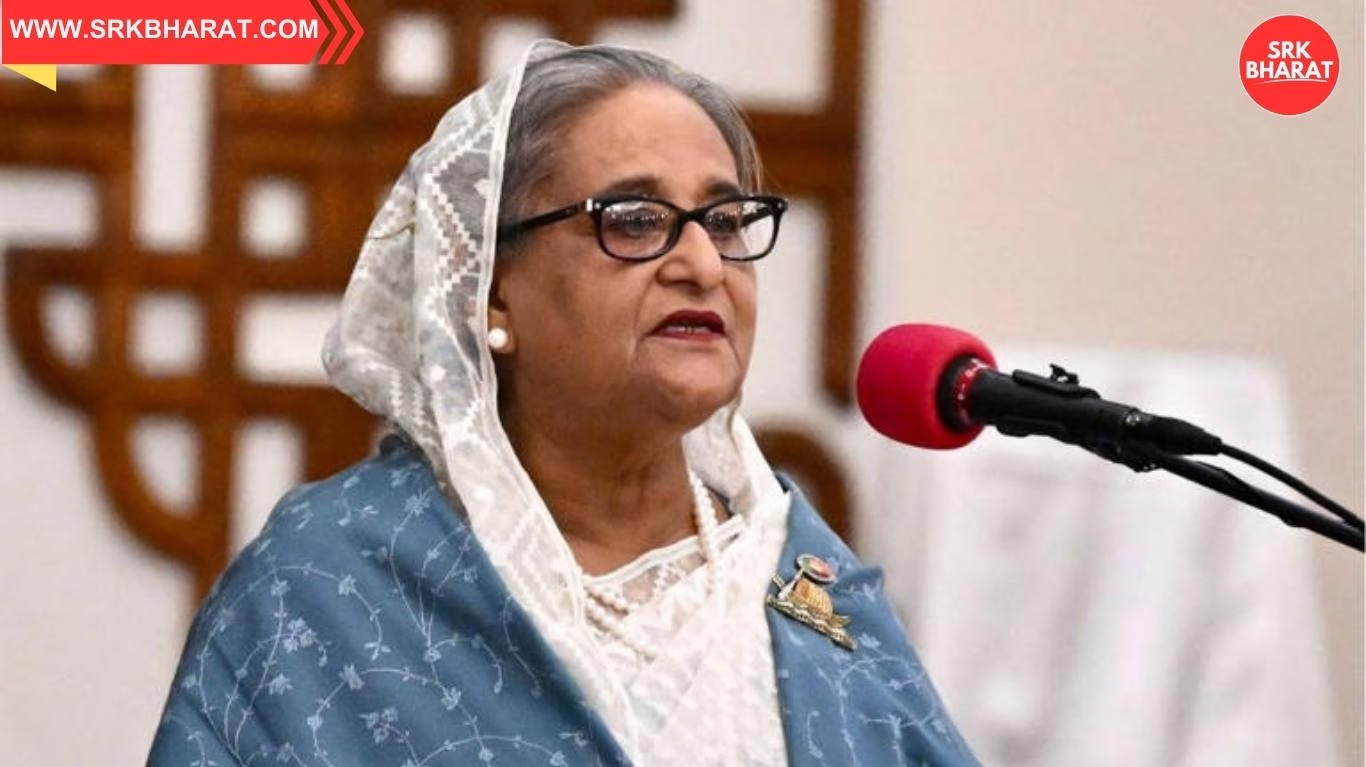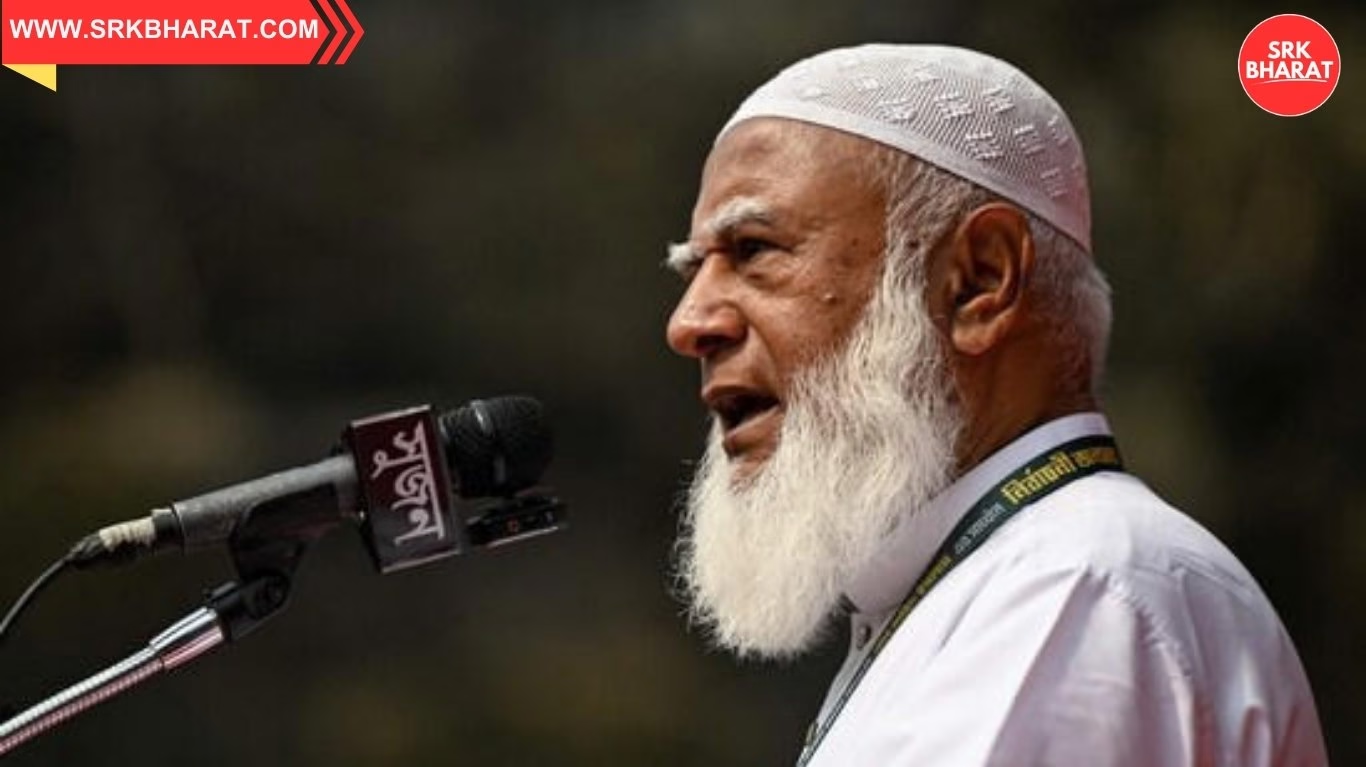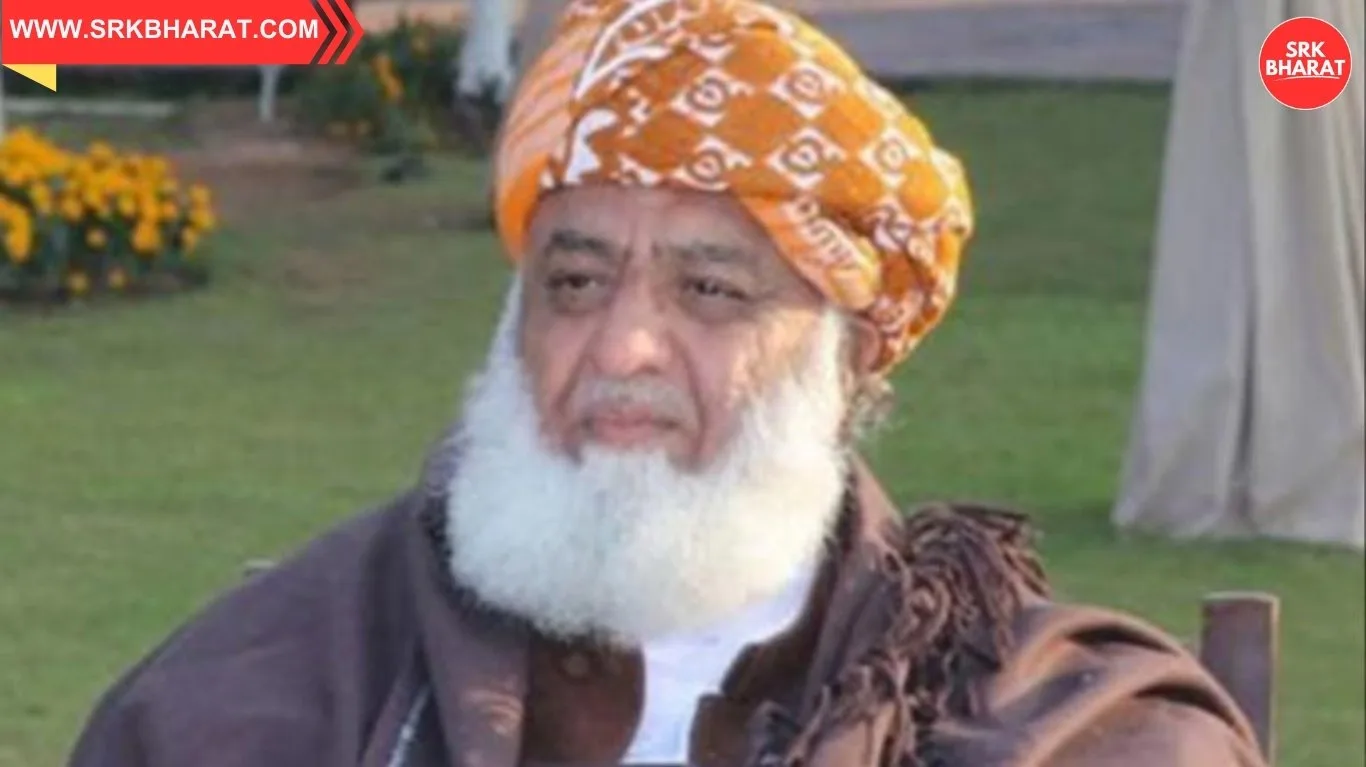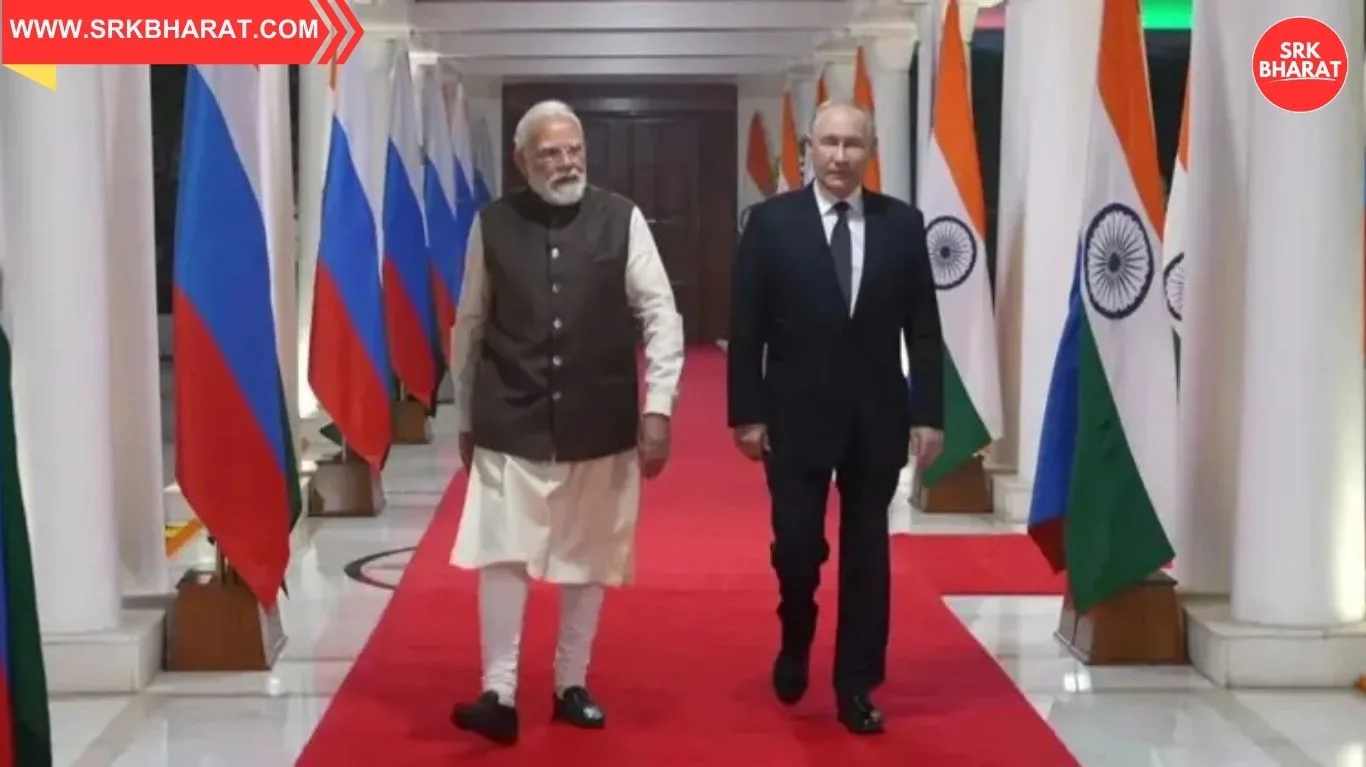The growing footprint of the Indian diaspora has become one of the defining narratives of global politics and economics in the 21st century. Indian-origin individuals now hold top leadership positions across continents, reflecting the community’s rise through education, diplomacy, business, and public service.
This trend, previously visible in select Commonwealth nations, has spread rapidly in recent decades as second and third-generation Indians integrate and excel in their adopted countries.
Kamla Persad-Bissessar: Trailblazer in Trinidad and Tobago
Kamla Susheila Persad-Bissessar, born to Indian parents in Trinidad, created history by becoming the first female Prime Minister of Trinidad and Tobago (2010-2015). A lawyer by profession, she earlier served as Attorney General and Leader of the Opposition multiple times. Her rise reflects:
- Enduring cultural roots of Indian communities in the Caribbean
- Access to education and social mobility through professional degrees
- Strong community networks built over 170 years since the arrival of indentured labourers
Kamala Harris: First Woman, First Black, First Indian-American US Vice President
Kamala Devi Harris, daughter of an Indian mother and Jamaican father, shattered multiple glass ceilings by becoming the 49th Vice President of the United States in 2021. Her achievements include:
- Serving as California’s Attorney General (2011-2017)
- Winning a US Senate seat in 2016
- Emerging as Joe Biden’s running mate in a historic ticket that focused on inclusivity and minority representation
Harris has repeatedly acknowledged her Indian heritage, particularly her mother Shyamala Gopalan Harris’s influence, and maintains close cultural ties through cuisine, festivals, and extended family visits to Chennai.
Pivot Analysis: Indian-Origin World Leaders
| Name | Country | Position | Period | Key Impact Area |
|---|---|---|---|---|
| Kamla Persad-Bissessar | Trinidad and Tobago | Prime Minister | 2010-2015 | Education, women’s empowerment |
| Kamala Harris | USA | Vice President | 2021-present | Criminal justice reform, inclusion |
| Rishi Sunak | United Kingdom | Prime Minister | 2022-present | Fiscal policy, post-Brexit economy |
| Leo Varadkar | Ireland | Taoiseach (PM) | 2017-2020; 2022-present | Health reforms, EU diplomacy |
| Pravind Jugnauth | Mauritius | Prime Minister | 2017-present | Economic diversification, IT sector |
| Chandrikapersad Santokhi | Suriname | President | 2020-present | Anti-corruption, social cohesion |
| Antonio Costa | Portugal | Prime Minister | 2015-present | Economic revival, EU integration |
| Mohamed Irfaan Ali | Guyana | President | 2020-present | Oil sector governance, housing |
| Prithvirajsing Roopun | Mauritius | President | 2019-present | Cultural diplomacy, constitutional governance |
Compiled from respective government archives and diaspora councils
Rishi Sunak: First British-Indian Prime Minister
In October 2022, Rishi Sunak became the first British-Indian Prime Minister after emerging as the Conservative Party leader. Born to Indian-origin parents who migrated from East Africa, Sunak’s educational journey took him from Winchester College to Stanford University. His rise signifies:
- Generational mobility within UK’s Indian diaspora
- Emphasis on education and professional credentials
- Mainstream acceptance of multicultural leadership in British politics
Leo Varadkar: First Indian-Origin Irish Prime Minister
Born to an Indian doctor father and Irish mother, Leo Varadkar became Ireland’s Taoiseach in 2017 and returned to office in 2022 under a coalition agreement. He represents:
- Ireland’s modern liberal identity embracing diversity
- Breakthroughs in LGBT representation, being openly gay
- Strong public health credentials as former Minister for Health
Pravind Jugnauth and Prithvirajsing Roopun: Mauritian Leadership
Mauritius, with over 68% of its population of Indian descent, has multiple Indian-origin leaders:
- Pravind Jugnauth, PM since 2017, focuses on economic diversification, smart cities, and fintech.
- Prithvirajsing Roopun, President since 2019, plays a key ceremonial and constitutional role while promoting cultural diplomacy with India.
Chandrikapersad Santokhi: Leading Suriname
Chandrikapersad Santokhi, of Bhojpuri-speaking Indian descent, became President of Suriname in 2020. His administration prioritises:
- Anti-corruption measures
- Strengthening ties with India and the Caribbean Community (CARICOM)
- Reviving economic stability post-pandemic
Mohamed Irfaan Ali: Indian-Origin President of Guyana
In Guyana, where over 40% of the population is of Indian descent, Mohamed Irfaan Ali became President in 2020. His tenure focuses on:
- Governing the country’s rapidly growing oil economy
- Large-scale housing projects for low-income families
- Regional leadership within CARICOM on climate issues
Antonio Costa: Portuguese-Indian Heritage
Antonio Costa, Portugal’s Prime Minister since 2015, is of Goan descent through his father Orlando da Costa, a noted writer. Costa remains proud of his Indo-Portuguese heritage and is a strong advocate of:
- EU cohesion policies
- Sustainable economic growth
- Strengthening Portugal’s historical ties with India
Indian-Origin Leadership Beyond Politics
The Indian diaspora’s leadership extends into:
- Business and Economics: Sundar Pichai (Google), Satya Nadella (Microsoft), Shantanu Narayen (Adobe)
- Academia: Raghuram Rajan (University of Chicago, former RBI Governor), Gita Gopinath (IMF Deputy Managing Director)
- International Organizations: Arvind Subramanian (former IMF Chief Economist), Ajay Banga (World Bank President)
Diaspora Influence on Bilateral Ties
The presence of Indian-origin leaders has notably strengthened:
- Bilateral trade and investment flows
- Strategic cultural diplomacy and soft power
- People-to-people linkages, facilitating academic, professional, and tourism exchanges
For example:
- Kamala Harris has amplified Indian festivals and traditions in the US administration.
- Rishi Sunak’s leadership was welcomed warmly by India, with PM Modi congratulating him as a “living bridge” between the two countries.
Comparative Table: Diaspora Leadership Impact
| Country | Indian-Origin Leader | Key Impact on India Relations |
|---|---|---|
| USA | Kamala Harris | Strengthened South Asian representation in US policy discourse |
| UK | Rishi Sunak | Enhanced optimism on FTA negotiations |
| Mauritius | Pravind Jugnauth | Regular bilateral cultural and economic summits |
| Portugal | Antonio Costa | Strong India-Portugal technology and startup ties |
| Ireland | Leo Varadkar | Encouraged Indian investments and student flow |
| Suriname | Chandrikapersad Santokhi | Deeper diplomatic and cultural collaboration |
| Guyana | Mohamed Irfaan Ali | Expansion of Indian oil and gas interests |
Challenges and Future Outlook
Despite these breakthroughs, diaspora leaders often balance:
- Domestic identity debates
- Expectations from India for diplomatic favours
- Local electoral pressures that may limit India-specific outreach
However, experts believe that the diaspora’s expanding influence will continue shaping India’s global perception and economic opportunities.
Conclusion
From Kamla Persad-Bissessar’s pioneering leadership in Trinidad and Tobago to Kamala Harris’s historic tenure as US Vice President, Indian-origin leaders symbolise the diaspora’s upward mobility and growing impact worldwide. Their journeys remain inspirational for millions, reinforcing the idea that Indian roots, when combined with global education and democratic opportunity, can shape the highest offices across continents.
Disclaimer: This news content is prepared for editorial and informational purposes only, based on public profiles, official government data, and diaspora research publications. Readers are advised to verify appointments, tenures, and policy updates from respective government releases before using for academic or business decisions.




